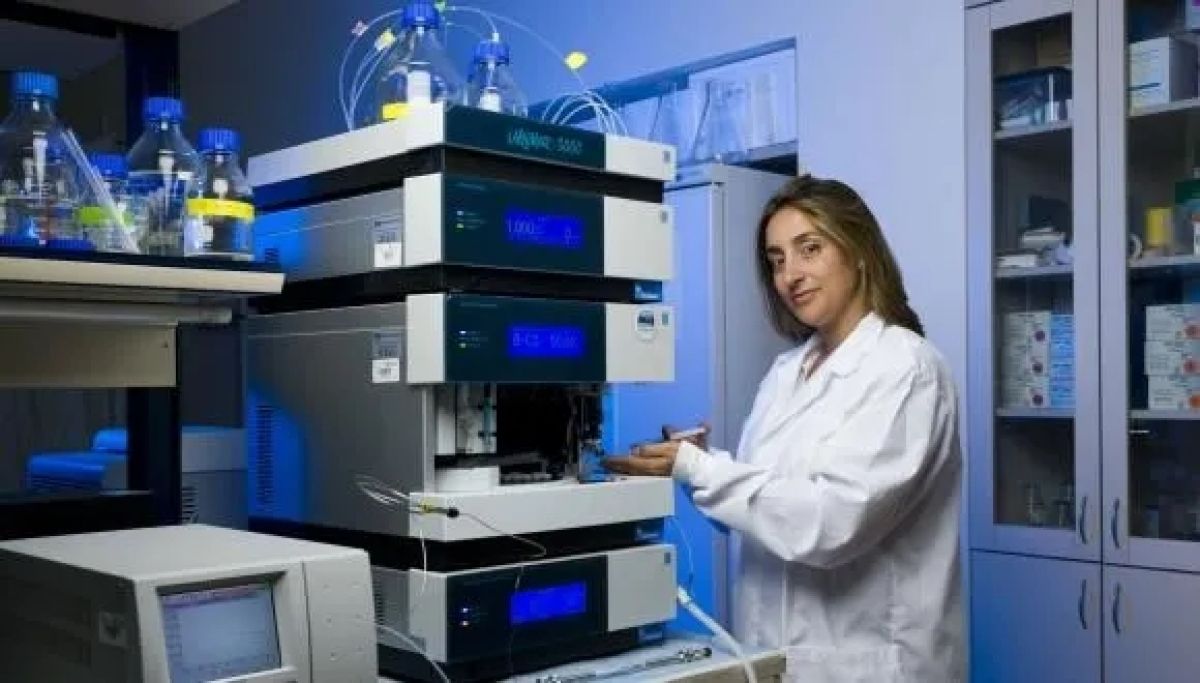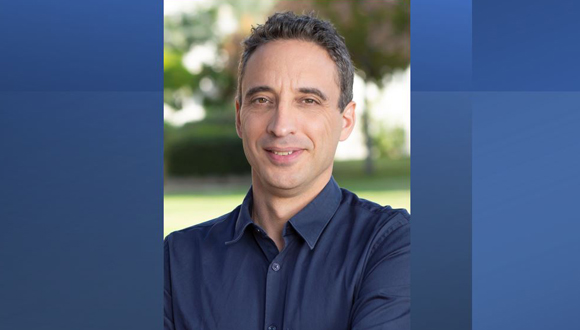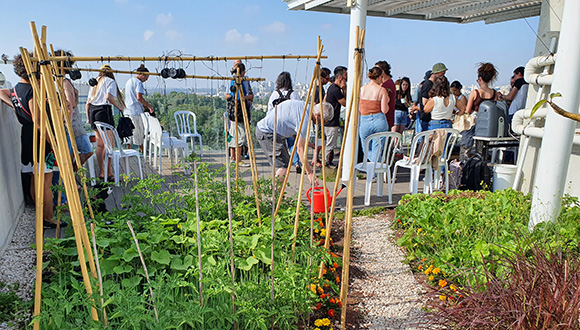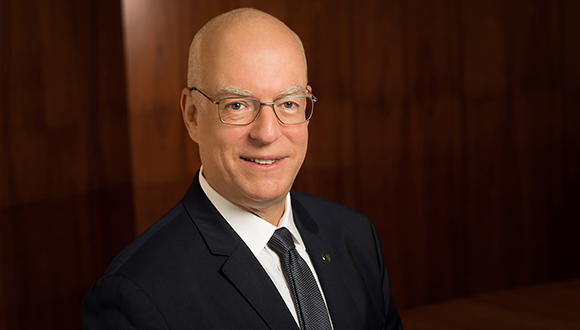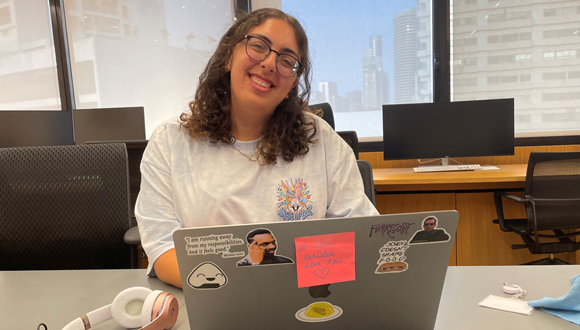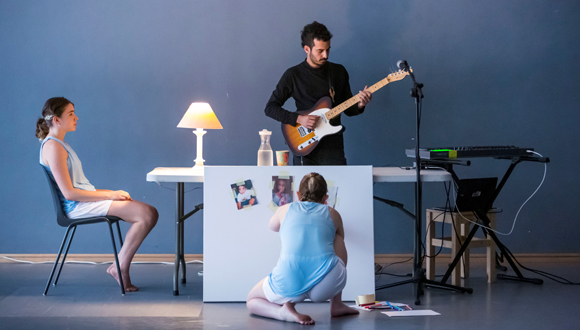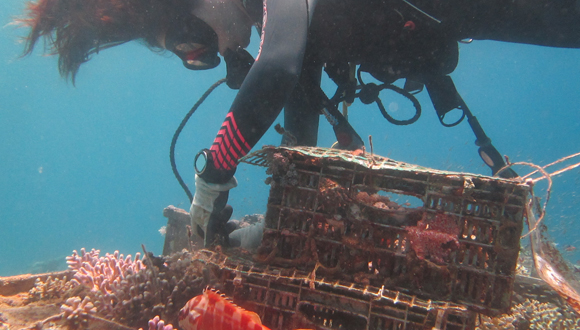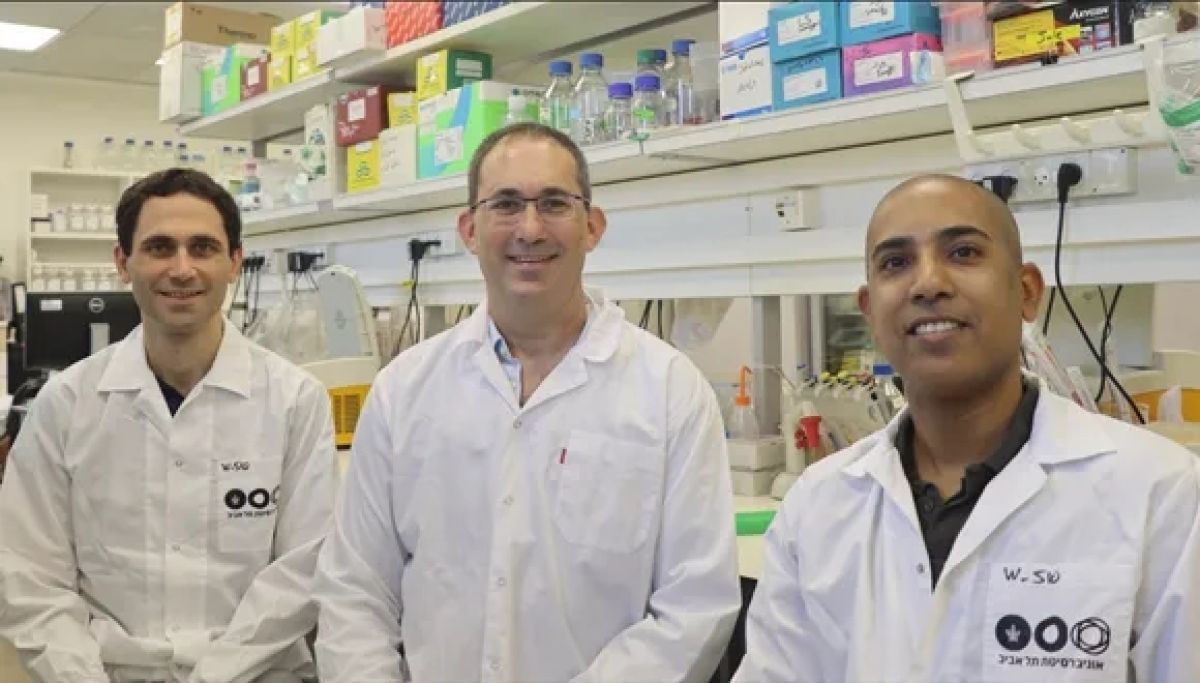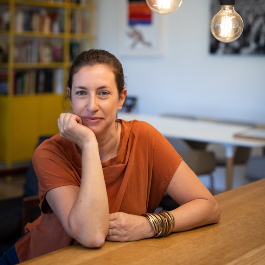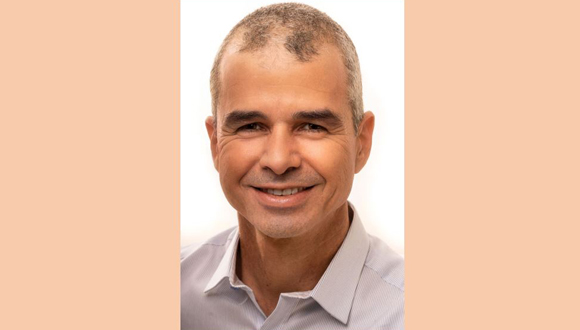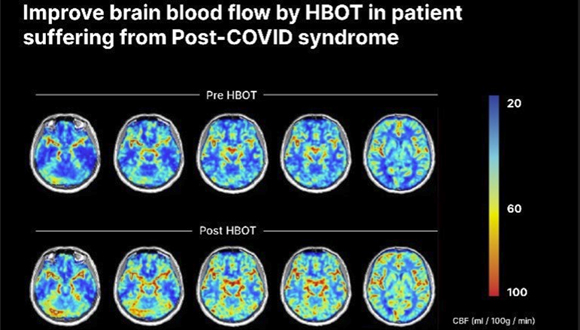Scientific discovery may facilitate speedy, objective, and accurate diagnosis of the condition using saliva
Scientific discovery may facilitate speedy, objective, and accurate diagnosis of the condition using saliva.
A scientific breakthrough from the Tel Aviv and Haifa Universities may facilitate speedy, objective, and accurate diagnosis of people suffering from posttraumatic stress disorder, PTSD, using saliva samples, as well as developing microbiotic related medications (associated with the body’s microbial ecology).
The study was a joint effort by eminent scholars from various fields. It was led by Professor Illana Gozes and included Professor Noam Shomron, Dr. Shlomo Sragovich and Ph.D. student Guy Shapira, (all from TAU’s Sackler Faculty of Medicine and Sagol School of Neuroscience) as well as Prof. Zahava Solomon from TAU’s Gershon H. Gordon Faculty of Social Sciences, and Prof. Abraham Sagi-Schwartz and PhD student Ella Levert-Levitt from the Center for the Study of Child Development and the School of Psychological Sciences at Haifa University. The study was published in NATURE‘s prestigious MOLECULAR PSYCHIATRY magazine.
Diagnosing PTSD by Objective Criteria
The researchers tested a unique group of about 200 Israeli veteran soldiers (they all came from a larger cohort of subjects from a comprehensive four-decade-long study of veterans by Prof. Solomon) who had fought in the first Lebanon War in 1982. The test covered various psychological aspects, including sleep, appetite disorders, guilt, suicidal thoughts, social and spousal support, hostility, satisfaction with life, as well as issues of demographics, psychopathology, welfare, health, and education.
“We were surprised to discover that about a third of the PTSD subjects had never been diagnosed with post-trauma, so they never received any recognition from the Ministry of Defense and the official authorities.”
The researcher also collected saliva samples from them and comparing the results of the subjects’ microbial distribution to the psychological results and their responses to the welfare questionnaires, the researchers from the universities of Tel Aviv and Haifa found that people with PTSD and high psychopathological indications exhibit the same picture of bacteria in the saliva (a unique oral microbiotic signature).
According to the researchers, this study is significant in that for the first time, we might be able to diagnose post-trauma by objective criteria and not just behavioral ones.
One Third of Soldiers Were Undiagnosed
It is interesting to note here that the saliva bacteria of those exposed to air pollution showed a correlation to the picture with PTSD, while the number of years of education showed a protective influence and a reverse picture of the microbial ecology in the saliva.
“To the best of our knowledge, this is the first depiction of a microbial signature in the saliva among veteran soldiers with PTSD,” says Prof. Illana Gozes. “We were surprised to discover that about a third of the PTSD subjects had never been diagnosed with post-trauma, so they never received any recognition from the Ministry of Defense and the official authorities.”
“To the best of our knowledge, this is the first depiction of a microbial signature in the saliva among veteran soldiers with PTSD,”
“It must be stressed that until now, post-trauma diagnosis has been based solely on psychological and psychiatric measures. Thanks to this study, it may be possible, in the future, to use objective molecular and biological characteristics to distinguish PSTD sufferers, taking into account environmental influences. We hope that this new discovery and the microbial signatures described in this study might promote easier diagnosis of post-traumatic veteran soldiers so they can receive appropriate treatment.”
The study was also supported by IDF’s Medical Corps Department of Health and Well-Being and Dr. Ariel Ben Yehuda, former chief of the above Department and currently, a Department Manager in the Mental Health Medical Center in Shalvata, Clallit Health Services. The study also involved collaboration with the Charité University Medicine in Berlin and its microbiology experts Dr. Markus M. Heimesaat and Professor Stefan Bereswill, as well as with the University of Hong Kong, which is studying the effects of air pollution, Professors Victor Li and Jacqueline Lam.


